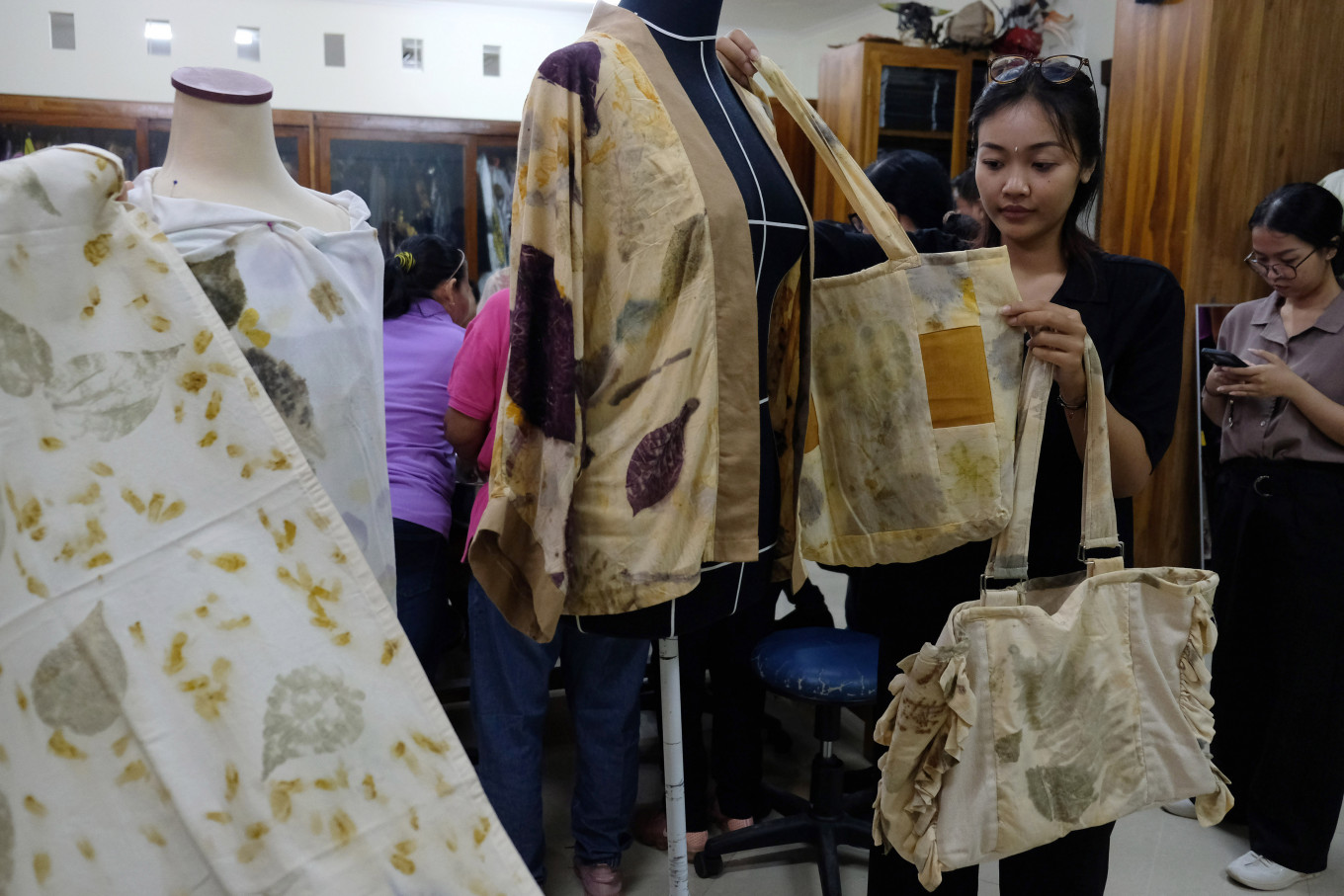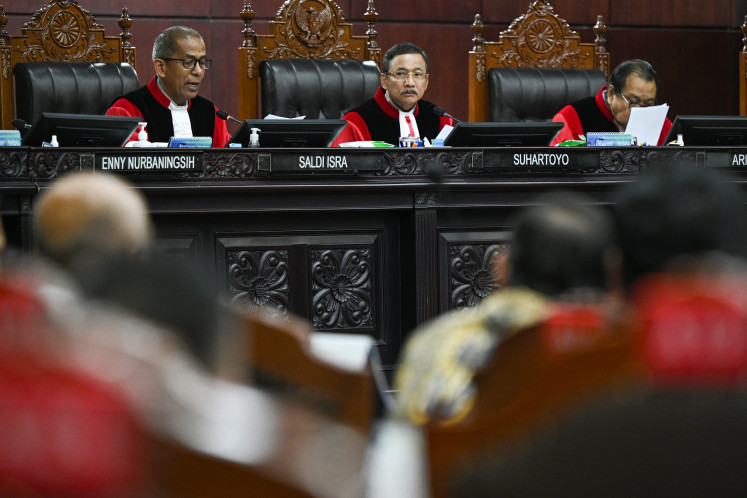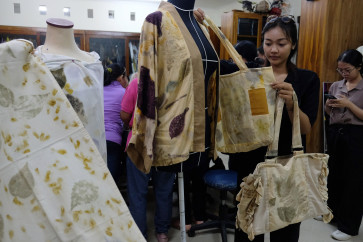Popular Reads
Top Results
Can't find what you're looking for?
View all search resultsPopular Reads
Top Results
Can't find what you're looking for?
View all search resultsState trading enterprise as a solution for SMEs in global markets
Establishing a state trading enterprise (STE) specifically to manage exports could help SMEs reach the global market and grow their businesses as key contributors to the economy.
Change text size
Gift Premium Articles
to Anyone
T
he latest data from the Cooperatives and Small and Medium Enterprises (SMEs) Ministry reveals that SMEs comprise more than 99.9 percent of all businesses and absorb almost 97 percent of the workforce, underscoring their pivotal role in Indonesia’s economy.
Recognizing this, the government has launched numerous programs to bolster their presence in the economy, including promotional assistance, financial aid and production support to enhance their competitiveness in the global market.
While government programs have had a positive impact on SME export intensity, SME export share remains low at only 15.65 percent of total exports, lagging behind the ASEAN countries’ average of 19.2 percent. This suggests that additional measures are necessary to boost Indonesian SMEs’ export share and help them capitalize on trade opportunities.
Over the past few decades, various government-backed programs and private sector initiatives have addressed issues related to distribution channels, promotional activities, financial burdens and production quality. However, one significant barrier to SME internationalization is the challenge of finding trustworthy trading partners in host countries.
Unlike large enterprises, which have the resources to scout potential importers and understand host country laws, SMEs often lack this capacity. Additionally, jurisdictional disputes and the high costs of legal enforcement further complicate international trade for SMEs.
For new exporters, the recommended approach is to require cash before shipment or use the documents against payment (D/P) method. This can be challenging however, as importers are hesitant to pay the full amount before receiving their products, especially for first-time transactions. Conversely, importers prefer an open account system that allows them to pay for products only after receiving and inspecting them, which SMEs might not be comfortable with.
A letter of credit (LC) indeed offers a balanced solution, mitigating the risks of nonpayment and non-shipment, but this is often too costly and complex for SMEs that typically only export smaller quantities.


















